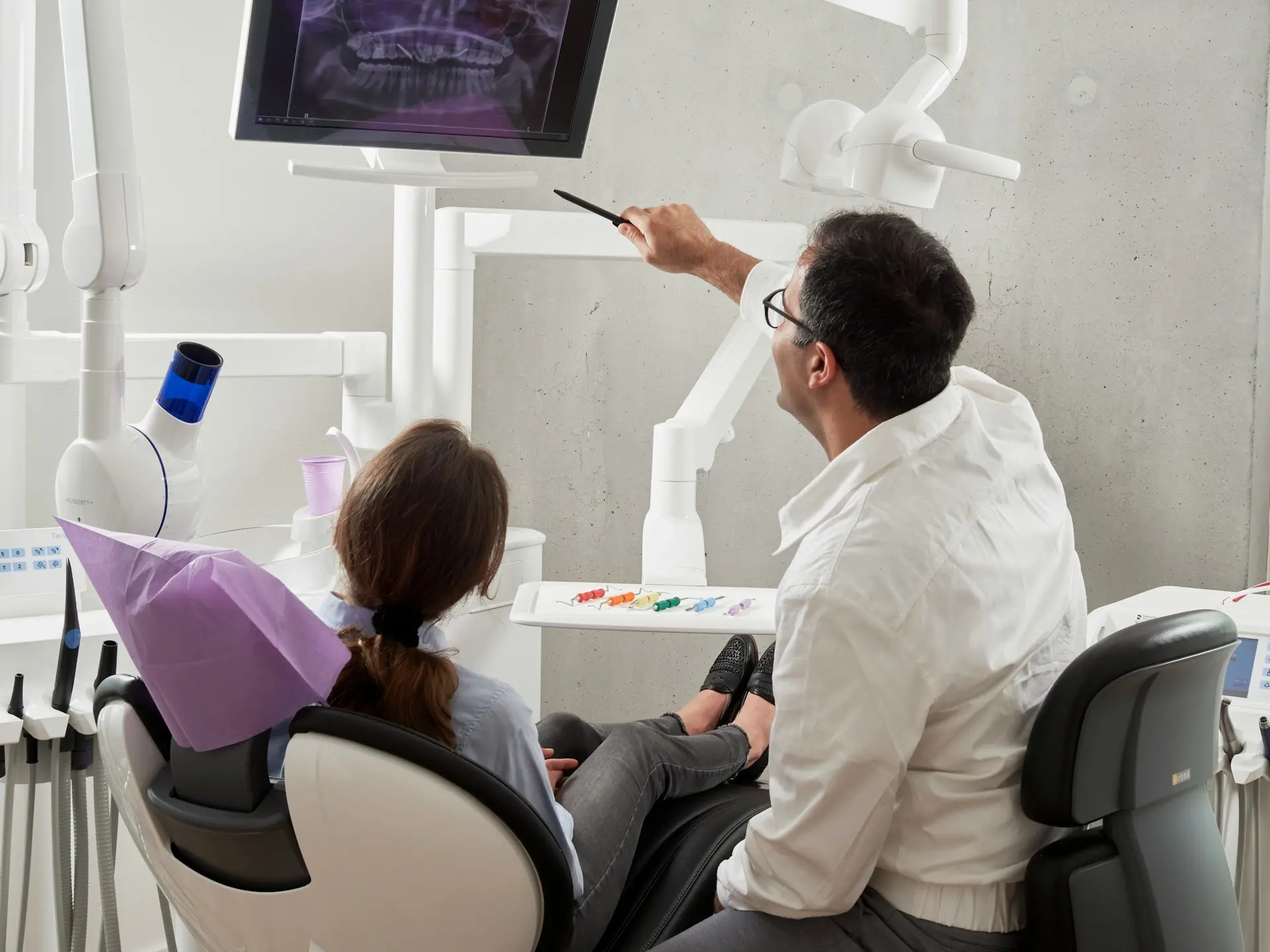Retirement should be an exciting time to reflect on all your work and look forward to all the adventures that await. However, it can also be a period of great uncertainty and stress if you’re not financially prepared.
Planning for your retirement as early as possible ensures you have sufficient funds to enjoy a happy life in your golden years. But the road to retirement is a journey full of twists and turns that can set you back if you’re not careful.
The good news is that these five financial steps will help you stay on the path to a secure retirement.
1. Make the Right Investments
The earlier you start investing your money, the better prepared you’ll be when the time to retire comes. Ideally, you’ll want to create a diversified portfolio of stocks and bonds that matches your risk tolerance and goals.
If you’re planning to retire early, you may want to invest in more conservative assets, such as bonds or certificates of deposit that pay higher interest rates.
On the other hand, if you’ll be retiring later in life, you may consider riskier asset classes like mutual funds or ETFs. Such investments can perform well over the long term and give you the potential to earn higher returns.
2. Reduce Your Debt
About 46 percent of Americans expect to retire in debt, according to a report by MagnifyMoney. Unfortunately, carrying high debt into retirement can seriously strain your retirement savings. As a result, you won’t be able to enjoy life after your career ends.
Before you retire, commit to paying off your debt as much as possible. You may start by paying off your credit cards, then focus on loans from lending institutions. If possible, reduce your mortgage balance so you have less to pay in retirement.
3. Open a Roth or Traditional IRA
A Roth or a traditional IRA account can be an excellent way to accumulate funds for your retirement.
A Roth IRA account allows you to contribute after-tax dollars to your retirement savings plan. Funds in an IRA account grow tax-free and are non-taxable if you withdraw them after 59 ½ years, assuming your account has been active for at least five years.
A traditional IRA, on the other hand, allows you to contribute pre-tax dollars to your retirement savings account, lowering your taxable income. Funds in this account also grow tax-free but are subject to income taxes when you withdraw them after 59 ½ years.
However, understanding how Roth and traditional IRA accounts work can be challenging. When investing in institutions like SoFi, this becomes easier as they can guide you on the steps to follow when opening these accounts and how they function.
4. Consider Your Medical Expenses
When planning for your future, it’s a good idea to factor in medical expenses. Your age, overall health, and lifestyle are critical factors in determining the type and cost of the coverage you need.
While many retirees choose to continue their employer’s health insurance, you may find that it no longer meets your needs once you retire. Conversely, Medicare only covers about two-thirds of your medical costs, leaving you responsible for the remaining one-third.
That’s why you will need to consider purchasing long-term care insurance to cushion the impact medical costs might have on your savings. This coverage will help pay for the costs of care in the home or assisted living facility if needed in the future.
5. Estimate Your Retirement Expenses
Estimating how much you’ll need each year is an excellent way to ensure you have enough savings to cover your retirement expenses. Ideally, total your expenses to include any anticipated costs such as healthcare premiums, transportation, utilities, groceries, and entertainment.
Living expenses in retirement can vary significantly from one individual to another. For example, retired couples living on a fixed income in metropolitan areas tend to have much higher expenses than retirees in smaller towns. So, use realistic estimates when planning for your retirement years.



